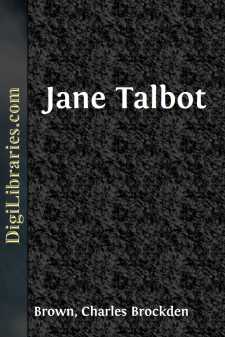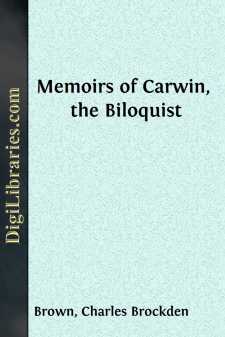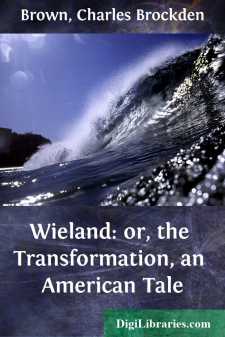Categories
- Antiques & Collectibles 13
- Architecture 36
- Art 48
- Bibles 22
- Biography & Autobiography 815
- Body, Mind & Spirit 144
- Business & Economics 28
- Children's Books 18
- Children's Fiction 14
- Computers 4
- Cooking 94
- Crafts & Hobbies 4
- Drama 346
- Education 58
- Family & Relationships 59
- Fiction 11835
- Games 19
- Gardening 17
- Health & Fitness 34
- History 1378
- House & Home 1
- Humor 147
- Juvenile Fiction 1873
- Juvenile Nonfiction 202
- Language Arts & Disciplines 89
- Law 16
- Literary Collections 686
- Literary Criticism 179
- Mathematics 13
- Medical 41
- Music 40
- Nature 180
- Non-Classifiable 1768
- Performing Arts 7
- Periodicals 1453
- Philosophy 65
- Photography 2
- Poetry 896
- Political Science 203
- Psychology 44
- Reference 154
- Religion 515
- Science 126
- Self-Help 85
- Social Science 83
- Sports & Recreation 34
- Study Aids 3
- Technology & Engineering 59
- Transportation 23
- Travel 463
- True Crime 29
Charles Brockden Brown
Charles Brockden Brown (1771-1810) was an early American novelist and one of the first professional writers in the United States. Known for his Gothic novels, such as "Wieland" and "Arthur Mervyn," Brown's works often explored themes of psychological horror, mystery, and the supernatural. His writing significantly influenced American literature by blending European Romanticism with uniquely American themes and settings.
Author's Books:
Sort by:
Letter XVI To the same O my lost child! In thy humiliations at this moment I can sympathize. The shame that must follow the detection of it is more within my thoughts at present than the negligence or infatuation that occasioned thy faults. I know all. Thy intended husband knew it all. It was from him that the horrible tidings of thy unfaithfulness to marriage-vows first came. He visited this city on...
more...
CHAPTER I. I was resident in this city during the year 1793. Many motives contributed to detain me, though departure was easy and commodious, and my friends were generally solicitous for me to go. It is not my purpose to enumerate these motives, or to dwell on my present concerns and transactions, but merely to compose a narrative of some incidents with which my situation made me acquainted. Returning...
more...
Chapter IX. There ended his narrative. He started from the spot where he stood, and, without affording me any opportunity of replying or commenting, disappeared amidst the thickest of the wood. I had no time to exert myself for his detention. I could have used no arguments for this end, to which it is probable he would have listened. The story I had heard was too extraordinary, too completely the...
more...
Chapter I. I was the second son of a farmer, whose place of residence was a western district of Pennsylvania. My eldest brother seemed fitted by nature for the employment to which he was destined. His wishes never led him astray from the hay-stack and the furrow. His ideas never ranged beyond the sphere of his vision, or suggested the possibility that to-morrow could differ from to-day. He could read...
more...
Chapter I I feel little reluctance in complying with your request. You know not fully the cause of my sorrows. You are a stranger to the depth of my distresses. Hence your efforts at consolation must necessarily fail. Yet the tale that I am going to tell is not intended as a claim upon your sympathy. In the midst of my despair, I do not disdain to contribute what little I can to the benefit of mankind....
more...






